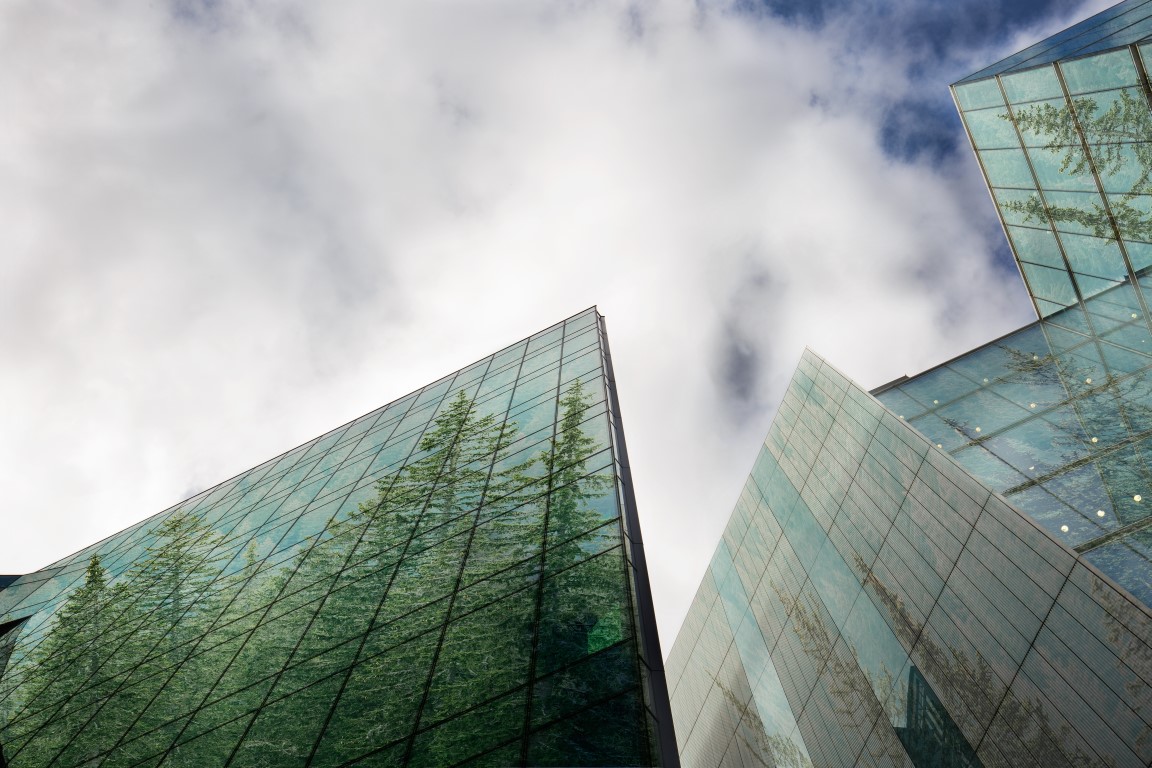
22 May Sustainable construction in the COVID19 economic recovery for Malta
If the Prime Minister of Malta, Dr Robert Abela, were to revisit his statement of earlier this year, when, on the 27th of March, and merely three short weeks after Malta was hit with its first COVID19 cases, he was reported to have said that the construction industry is a vital part of the economic recovery in the period following the pandemic, he might only need to correct one point. Given the turn of events, with the crisis unfolding at an even slower pace than the least hopeful among us would have foretold, it might be a good thing to stop talking about the post-COVID19 times, and start implementing our plans for a brighter future, now.
The Prime Minister’s statement was couched in a context. He continued to add that although the pandemic had hit nearly all sectors of the Maltese economy, threatening the livelihood of many and endangering the health and safety of workers and their families, the solution was not to freeze everyone, but rather to put measures into effect with a sense of priority.
A sector that touches many lives
In Malta, the construction sector and its position in the national economy is a favourite topic of discussion, causing some to remain friends, and other to make new enemies. When in October 2017, KPMG presented their report on ‘The Construction industry and property market in Malta’ to their clients, the Malta Developers Association (MDA) and sponsors, Bank of Valletta, HSBC Malta, and APS Bank, there was no doubt in anyone’s mind that the results of a study that was intended to quantify the economic relevance of the construction industry, gauging the impact of the industry on the rest of the Maltese economy, and highlighting social, environmental and economic challenges, would provide grounds and guidance for sustainable future growth of the sector.
Speaking about an industry that according to 2017 figures, produces €2.55 billion in total output, and that contributes to the creation of around 37,275 jobs, and about 15% of total GVA, the importance of ensuring that this sort of benefit does not come at huge costs to the sustainability of the community, is easily understood.
Same news, different times
Incidentally, the Commissioner for Environment and Planning, Perit Alan Saliba referred to this delicate balance of sustainability in words that leave no space for conflict in his introduction to the Opinion on the State of the Environment Report of 2018, ‘Our environment for tomorrow’:
‘In essence, what we face as humans is an economic problem, where resources are finite and the solution is a model that guarantees the best use of available materials and fair sharing by all users, in a way that does not compromise the ability of future generations to continue to do the same – a model of equitable management of our environmental resources embedded in sound sustainability principles…’
At the time of publication of the Opinion, Commissioner Perit Alan Abela called for micro-planning, an increased focus on risks, sophisticated spatial development, and sustainable job creation, as solutions for the most pressing environmental challenges Malta was facing due to its extraordinary economic growth at the time. Little did we know, that a brief sixteen months down the line we would need to revisit and hold on to that kind of wisdom to combat another type of extraordinary situation, this time a serious and significant economic depression precipitated by one simple virus.
Strings attached
In a very succinct message, Prime Minister Dr Robert Abela was echoing this urgency to continue to build Malta’s economic, social and financial capital on the foundations of a robust and resilient construction industry but only on condition that this is done in the best interests of all, when he said “I have faith in the sector, as long as the sector follows the correct regulations”.
Where we come in
The need to make sustainable construction part of the plans for economic recovery and growth has a special meaning for building engineers like us and all other professionals of the built environment. The desire to create innovative solutions that bring value to society for today and for tomorrow and to provide people with fully-functional organic buildings and living spaces that are green, resource efficient, energy efficient, near-zero carbon, and designed for the environment that we all wish our children to inherit, is what drives our passion for what we do every day.
Knowledge to chart the future
We also have a very special part to play. A common issue in the mix of challenges behind sustainable construction is the need to manage information more effectively during a building’s life-cycle. This is the type of information that we, as building engineers, routinely gather and make use of for regulatory compliance, cost management, and operations planning. This is the type of information that is not only immensely valuable for property owners to make the right decisions when weighing the feasibility of improving the sustainability of their buildings, but is also a rich knowledge base for our country’s sound economic recovery and sustainable development as it puts faith in the construction industry.

